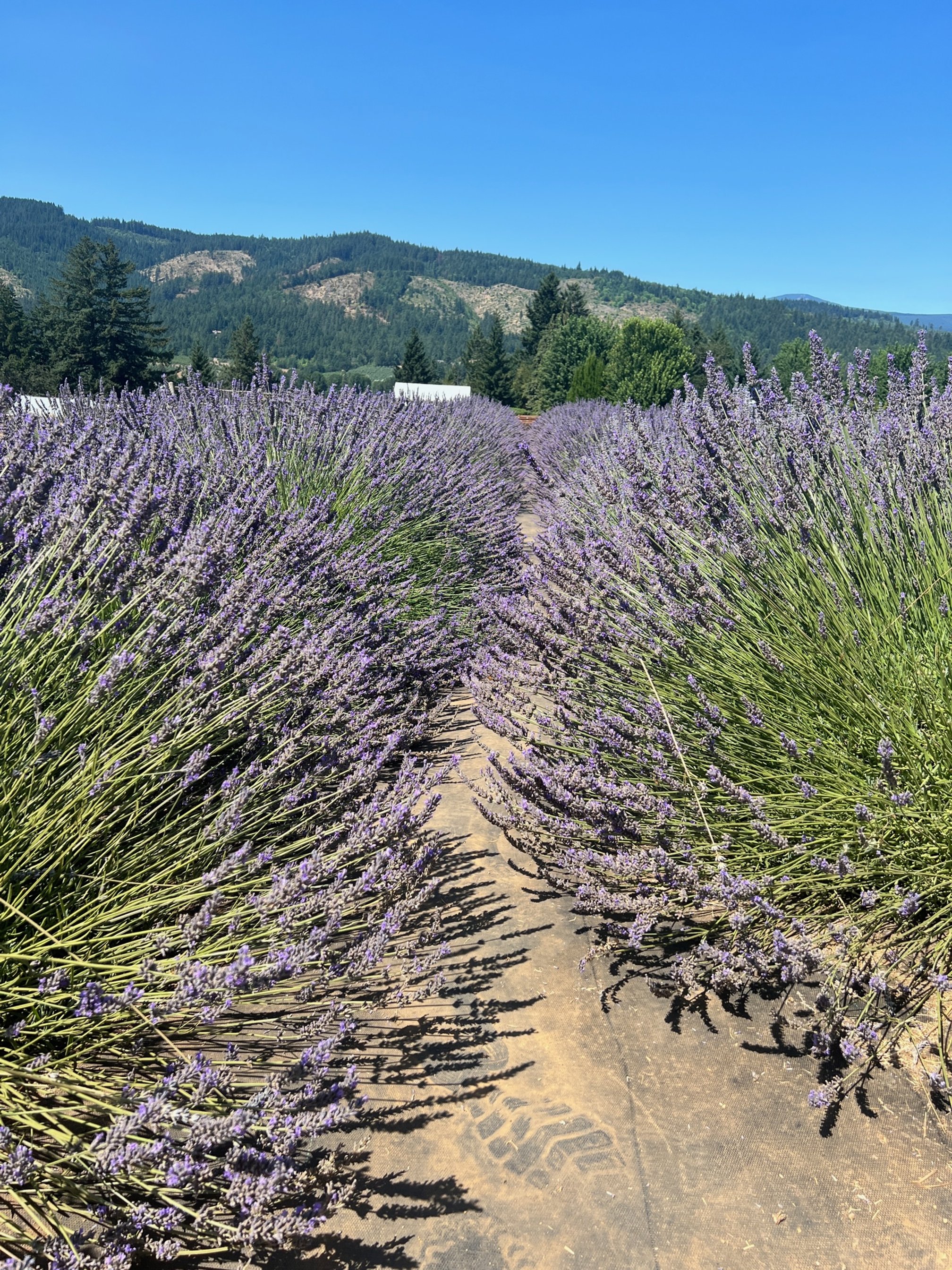Death | Metal
If you couldn’t tell by the title, this post gets a little macabre. If reading about cadavers, death, existential dread—and so on—isn’t how you want to spend the next few minutes, you may want to skip this post.
I’ve been having a grand time the last few months plotting and planning a new work for the Calypsus Brass Quintet, who reached out to me about a new piece for their upcoming album of all-commissioned works. The group has such great chemistry—competent, charismatic, kind, and made up of some of the most disciplined people I’ve ever met.
I haven’t been able to hike in awhile, so flowers have been taking over my brain lately instead.
Brass is still a relatively new area for me. I just wrote my first concerto a few years back, and a small smattering of chamber works that included brass instruments or were arranged for brass ensemble. Writing a quintet seemed like a fun challenge, something to stretch myself in new ways. It’s been a bit scary diving in, but the project—and the prospect of working with such fine musicians—was simply too enticing for fear to remain a factor.
Early on in the process, I spent a lot of time toying with a wide array of ideas for the group—do I do something fun and quirky? Something grand and flourishing? Dark and lyrical? Pieces about phosphenes, various female folk heroes, grotesque paintings, and even sailor cats were all topics carefully considered and unceremoniously thrown back into the pile for future use. Then, a few months ago, I learned about whale falls; sometimes it happens just like that—you learn about something and you just know it’s going to be a piece.
Whales also pop in my mind more now that I live in the PNW—where there are significantly more whales than in the Midwest!
Whale falls, in short, are sites where whales’ bodies have fallen to the ocean floor. When their bodies fall near the coastline, they get eaten up by a variety of different animals as the sun and warmer temperatures works to break down the rest before too many other organisms get their chance to feast on the marrow and other remains. However, when they fall in the deep sea, the story is much longer and more interesting. There are so many facets of whale falls I find fascinating. A few highlights:
The process of the body itself falling helps the biological pump of the ocean to suppress carbon (and the whaling industry’s removal of whales from the ocean thus also harms the literal atmosphere in addition to the other, more obvious evils)
Between the various stages of animals that arrive to pick the whale apart, suck its marrow, and feed off the nutrients it seeps into the ground nearby, the fallen body can sustain life to upwards of 50 years after death
Many scientists believe whale falls facilitate adaptive radiation—where species evolve rapidly to maximize their chance at survival—meaning whales can help in the development of new species
New-to-us species have been discovered at whale fall sites—which are some of the most biodiverse places in the ocean—making them important zones for discovering existing life in the deep sea
Some scientists believe in a final stage of whale falls, known as the “reef stage,” in which suspension and filter feeders can attach to the bones and thrive off leftover minerals—like a coral reef made of bones.
I’m wrapping up the sketching stage and finally getting the many pages of notes into the computer as readable music. I’ll try to update more soon about the music itself and how I approached writing for instruments that were more unfamiliar to me—including some resources that came in handy. However, I must admit it hasn’t been all whales and mute comparison videos in writing this piece.
If speaking of death makes you squeamish, please enjoy this picture of lavender instead. When I was here, all I could hear was wind and about five dozen bees buzzing furiously among the bushes. Who knew lavender had its own song?
The other thing rocking around in my brain as I started this piece was just the concept of grappling with death more generally. I’m in my thirties now, and people I thought would be here didn’t make it with me—COVID, cancer, freak accidents, mental health crises…we all have our own people taken from us too soon. It sounds cliché, but it is so true—whatever you believe happens when you die, the one thing we all know is that it happens to everyone and you have little-to-no control over when it will be your time. This life, the one we have on this earth right now, is all we get to know. The monumental weight of that has really been forefront on my mind in recent months—with varying degrees of dread, acceptance, panic, and appreciation.
Learning about whale falls intersected with a lot of these thoughts and thinking about what “legacy” can really mean—the good one can leave behind, the life one can support, the ripples you can make while you’re still living—has been a real balm during the more panic-inducing moments I’ve had when grappling with these thoughts. I don’t know yet what all these thoughts will yield—in my life, or in this commission for Calypsus—but I do know that it’s the start of something. Hopefully something for the better.
Got the chance to visit Estes Park, CO for the first time in 10 years—I have a special memory of this place specifically, which was the starting point of many new things. Perhaps this visit is the sign of another…




